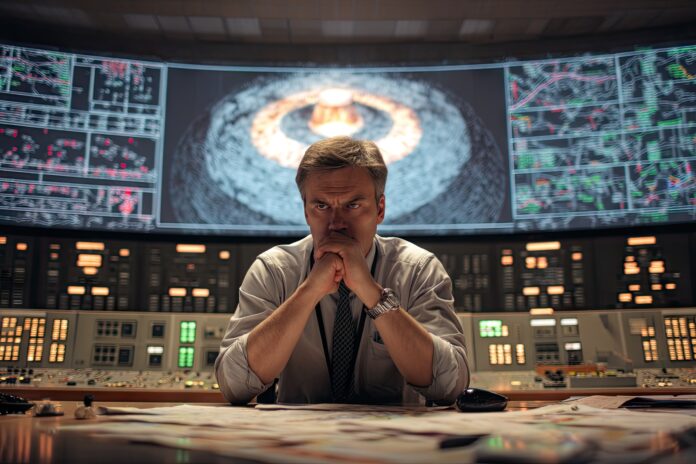Understanding the Power of Human Suggestibility in Nuclear Decisions
Human suggestibility in nuclear weapon decisions plays a profound role in global security. Most importantly, the leaders and advisors responsible for authorizing a nuclear strike are not immune to psychological biases or emotional influences. Because these pivotal decisions often occur under extreme stress and uncertainty, understanding how human nature shapes them is essential for any discussion about nuclear policy today.
The Myth of Pure Rationality in Nuclear Strike Decisions
For decades, deterrence theory assumed national leaders would always act rationally when facing nuclear threats. Classic frameworks like mutually assured destruction (MAD) predicted that the risk of complete annihilation would keep cooler heads prevailing. However, recent research dismantles this myth. In fact, psychological and emotional variables inject risk, ambiguity, and unpredictability into every step of the nuclear decision-making process[1].
Leaders must still make the conscious choice to use nuclear weapons. Yet, emotions—such as fear, pride, or even a desire for revenge—can push them to take actions that defy rational calculations[5].
How Human Suggestibility Amplifies Risk
Three main psychological mechanisms can convert random chance into dangerous leverage during a nuclear crisis:
- Accidents: Leaders might overreact to unexpected events, escalating conflicts unintentionally.
- Loss of Self-Control: Under extreme pressure, individuals may lose composure, allowing emotions to override careful judgment.
- Loss of Control Over Others: Advisors or subordinates may influence or act contrary to a leader’s initial intentions, heightening unpredictability[1][5].
Because these mechanisms are fueled by human nature, including suggestibility and susceptibility to groupthink or external pressure, nuclear strategy becomes far less stable than pure logic would suggest.
The Influence of Emotion and Identity in Critical Moments
Leaders are often influenced by powerful emotions. Sometimes, the desire for revenge, shame, or even national pride can shape the willingness to use nuclear force. For instance, in a moment of crisis, perceived humiliation might trigger irrational escalation. Besides that, the leader’s sense of identity and historical or cultural context may fuel choices that seem illogical to outsiders[4][5].
Groupthink and the Complexity of Nuclear Decision-Making
Nuclear decisions rarely rest on a single individual. Most importantly, advisors, military officials, and political allies often exert influence—sometimes consciously, sometimes not. This complex interplay introduces uncertainty and increases susceptibility to groupthink, where dissenting opinions are silenced in favor of a perceived consensus[2].
Because human suggestibility amplifies under pressure, leaders might shift their views to match those of more dominant personalities in the room, regardless of the objective risks.
Historical Examples: When Psychology Shaped Nuclear Brinkmanship
History is rife with examples of leaders whose decisions about nuclear weapons hinged more on psychological factors than strategy. In 1991, for example, emotional threats were used by U.S. officials to deter Saddam Hussein from using chemical or biological weapons. The American people’s expected demand for revenge was cited as a powerful psychological motivator—showing how emotions become embedded in high-stakes nuclear negotiations[5].
Why Recognizing Human Suggestibility Matters Today
The modern era of renewed great power conflict has renewed focus on the human elements of nuclear decision-making. Therefore, acknowledging that human suggestibility, emotion, and bias are part of the equation is crucial. Policymakers should consider ways to minimize these influences—such as using checks and balances, promoting diverse viewpoints, and providing better psychological support to those in critical decision-making positions.
Because the stakes are existential, overlooking the psychological dimension could increase the chance of unintended nuclear escalation in future crises.
Conclusion
Human suggestibility shapes nuclear weapon strike decisions far more than most realize. Instead of assuming perfect rationality, we must accept that stress, emotion, and group dynamics can transform chance into catastrophe. By understanding these underlying psychological dynamics, the world can take steps to make nuclear decision-making processes safer and more resilient.
References
- The Psychology of Nuclear Brinkmanship – MIT Press Direct
- Uncertainty and Complexity in Nuclear Decision-Making – Chatham House
- The Psychology of Nuclear Brinkmanship – Geopolitical Compass
- The Psychology of Nuclear Proliferation: Identity, Emotions, and Decisions



